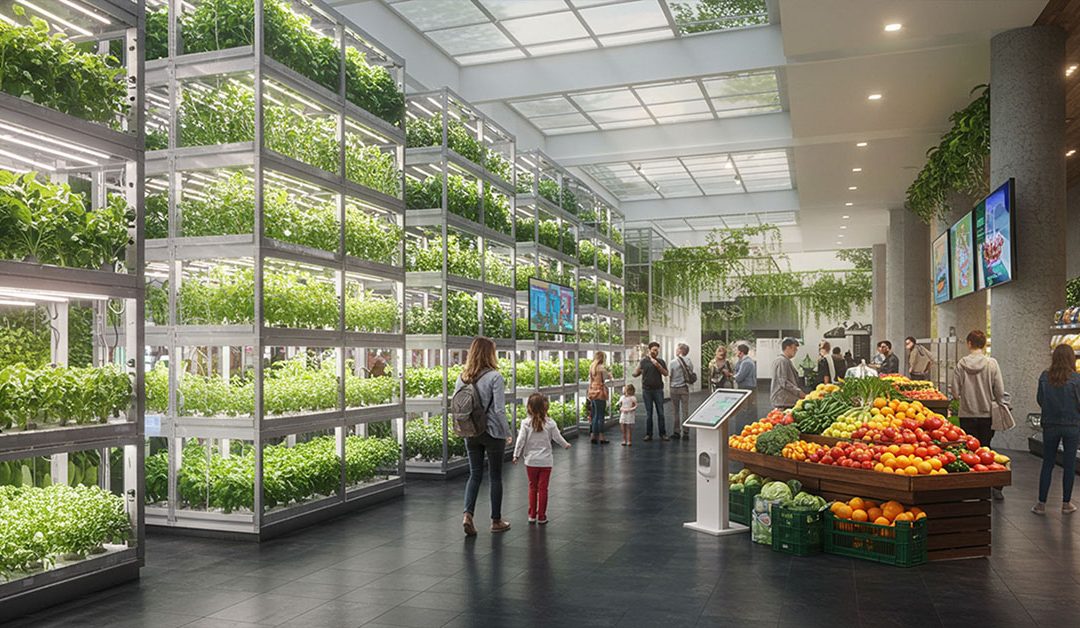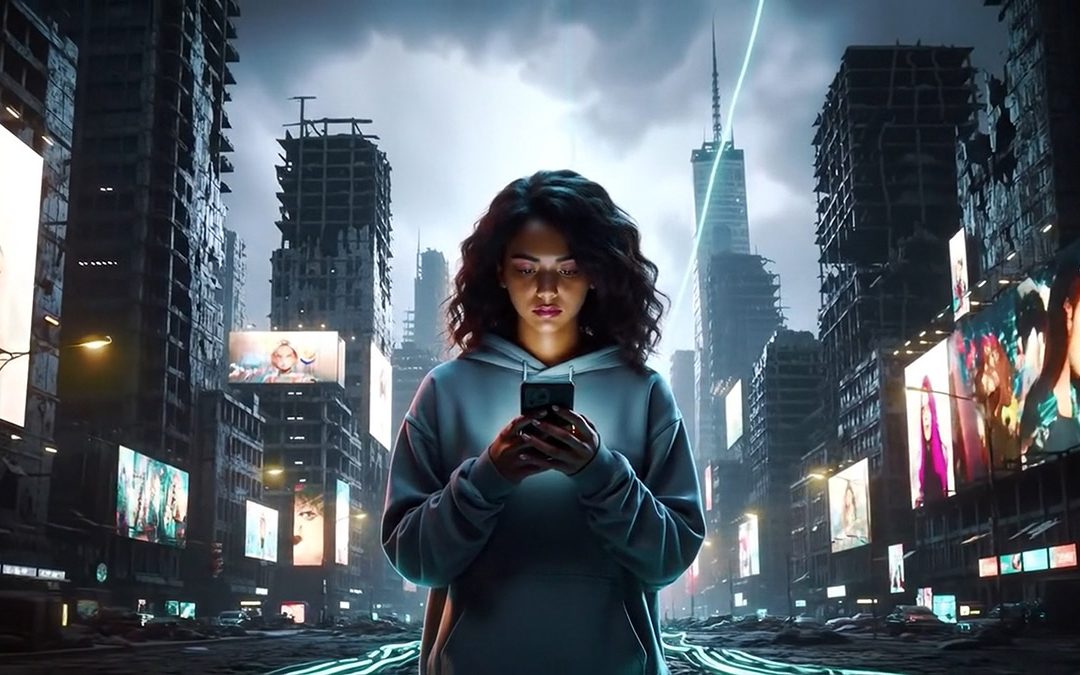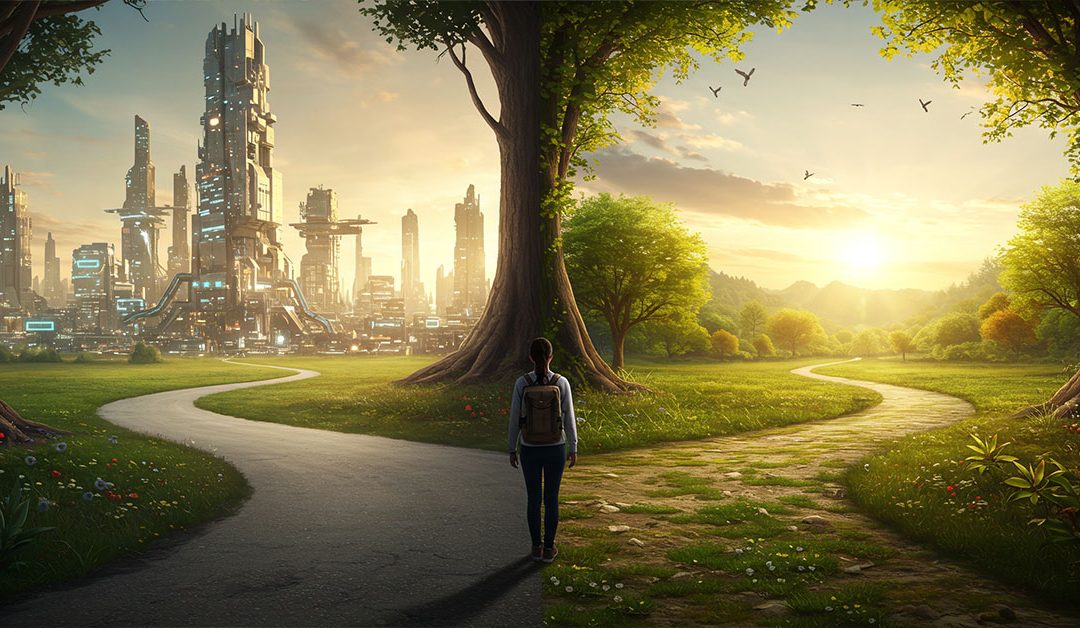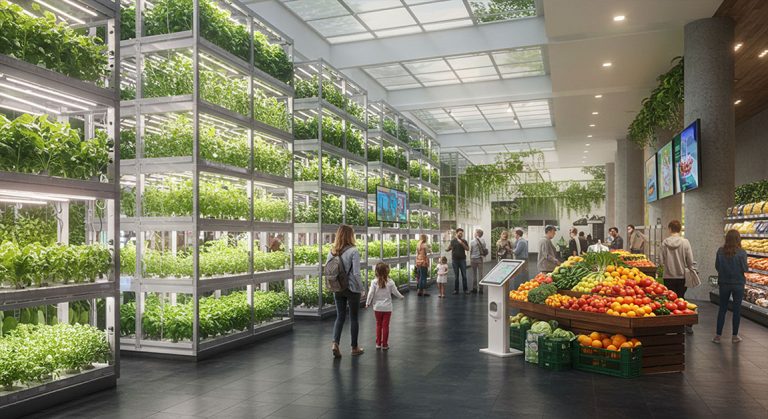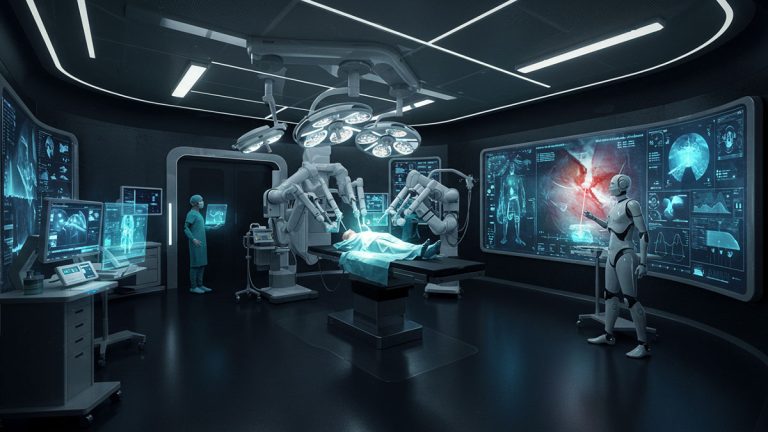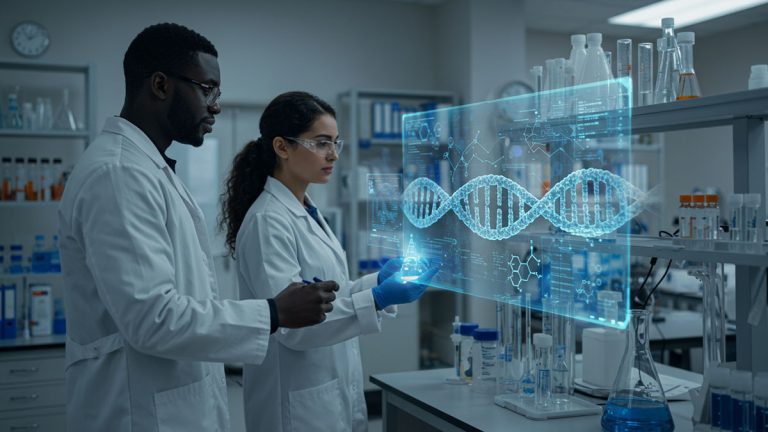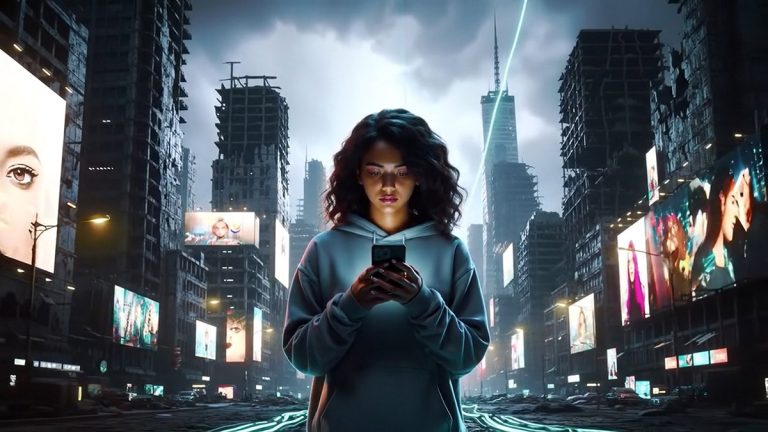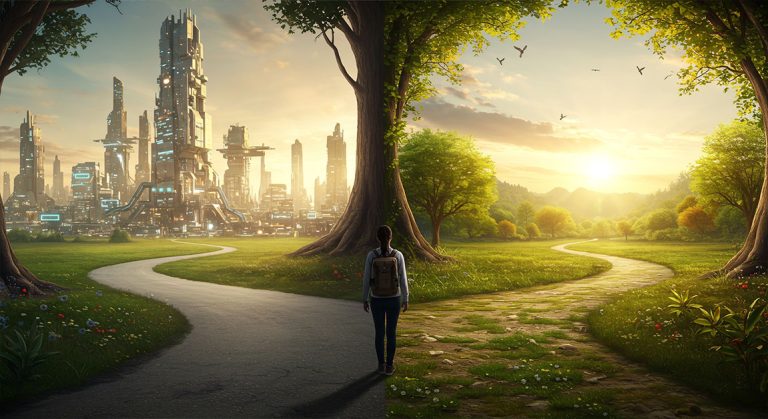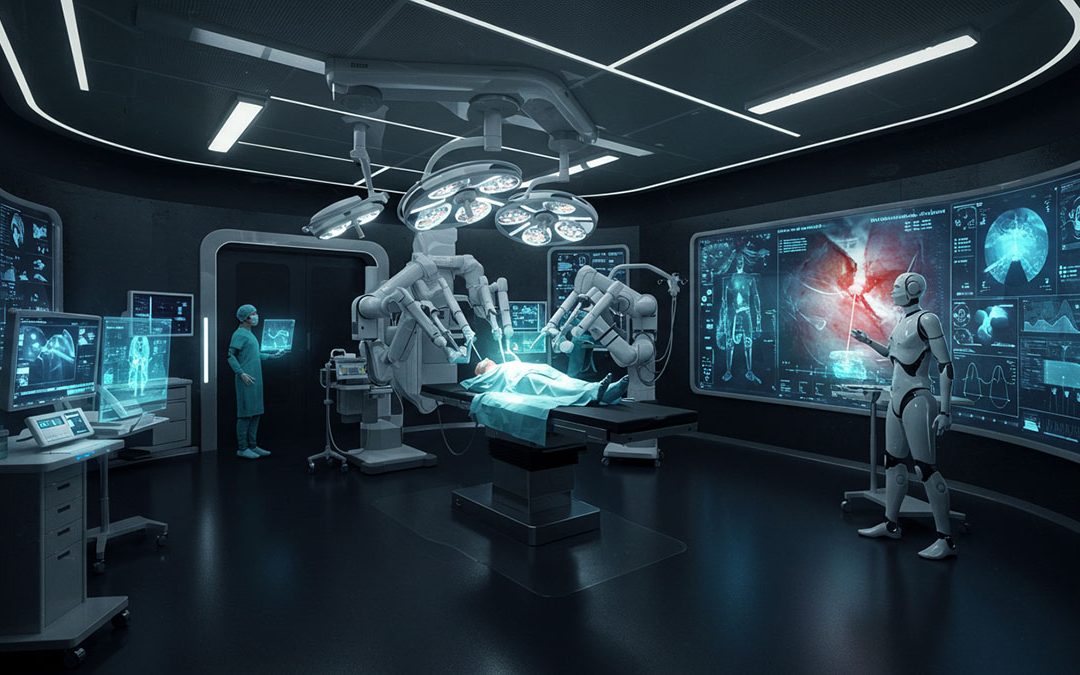Purpose for Humans Could Change With AI Replacing Employment
Introduction
The future of work is rapidly shifting. The widespread adoption of artificial intelligence (AI) is no longer a distant possibility—it is an unfolding reality. While automation initially replaced only routine, repetitive tasks, advancements in machine learning and robotics now threaten to transform nearly every industry and could reshape human purpose and identity.
However, the conversation about AI replacing jobs often overlooks a critical question: What happens after traditional employment disappears? If AI takes over the majority of economic production, society will need to rethink not only how wealth is distributed, but also how people define purpose, value, and identity in a post-work world.
This article explores three fundamental shifts that could define this new era: alternative economic models, new forms of societal value, and the evolution of human identity in an AI-driven landscape.
1. From Wages to Wealth Sharing: The End of Traditional Capitalism?
The Breakdown of Wage-Based Economies
Historically, labor has been the foundation of economic systems. People earn wages through employment, which they then use to purchase goods and services. This cycle sustains both individual livelihoods and entire economies. However, as AI and automation take over most labor-intensive and knowledge-based roles, this fundamental economic structure may no longer be viable.
A 2023 study by the International Labour Organization (ILO) estimated that AI-driven automation could eliminate up to 25% of jobs worldwide within the next 15 years, with the hardest-hit sectors including transportation, manufacturing, customer service, and administrative work. The same report warns that regions with high automation adoption could experience a 15% increase in poverty levels within a decade if alternative economic models are not implemented (ILO, 2023).
Three Possible Economic Outcomes
- Corporate Wealth Hoarding (Dystopian Scenario)
In this model, AI-driven productivity creates immense wealth, but the benefits remain concentrated among corporate owners, tech companies, and AI developers. The general population, lacking employment, becomes financially dependent on government handouts or gig-based microtasks. This could lead to widespread economic instability, social unrest, and class divisions, as a wealthy elite controls the majority of global resources (World Economic Forum, 2020).
- Universal Basic Income (UBI) & Wealth Redistribution (Optimistic Scenario)
Some economists argue that AI-generated profits could be redistributed through UBI programs. These initiatives would provide citizens with a guaranteed income, funded by taxes on AI-driven corporations, ensuring economic stability even in the absence of traditional jobs. Countries like Finland and Canada have already conducted pilot UBI programs, showing that such systems could improve economic security while encouraging entrepreneurship and innovation (Inman, 2023).
- Decentralized AI Ownership (Alternative Model)
Instead of leaving AI-driven wealth in the hands of corporations, an alternative system would be public ownership of AI infrastructure. This could involve community-run AI models, where the productivity gains from automation are reinvested in local economies rather than concentrated among a few companies. This model would require international regulations and government intervention to ensure fair distribution (OECD, 2023).
2. New Forms of Value: Can Purpose Exist Without Traditional Jobs?
The Psychological and Social Role of Work
Beyond providing financial security, jobs offer structure, identity, and social connection. In many cultures, an individual’s sense of self-worth is closely tied to their profession. Research from the Society for Human Resource Management (SHRM) indicates that job loss is strongly correlated with increased depression, anxiety, and social isolation. The absence of work could create a crisis of purpose, requiring new social structures that redefine individual value (SHRM, 2023).
Potential Alternatives to Traditional Work to Redefine Purpose
- AI-Curated Purpose Matching
AI systems could act as personalized career advisors, helping individuals find meaningful projects, mentorship roles, or creative pursuits based on their skills and interests. Rather than employment being a financial necessity, it could become a form of social contribution (WEF, 2022).
- Volunteerism & Social Impact Roles
If survival needs are covered by AI-driven economies, people could shift toward humanitarian efforts, education, and community development. Governments could create subsidized programs that reward social contributions, similar to how Denmark and New Zealand currently promote long-term volunteering as a valuable societal role (ILO, n.d.).
- Lifelong Learning Culture
Instead of a single career, individuals could continuously develop new skills in philosophy, science, and the arts. Finland’s “Elements of AI” initiative has already trained over 1% of its population in AI-related literacy, setting a precedent for lifelong learning as a new cultural norm (OECD, 2023).
3. AI and the Evolution of Human Identity and Purpose
The Redefinition of Human Value and Purpose
As AI advances, humans may no longer be the primary drivers of innovation, creativity, or even governance. This could challenge the traditional belief in human exceptionalism—the idea that human intelligence, creativity, and emotions make us unique.
Historian Yuval Noah Harari suggests that without a redefined purpose, AI could create a “useless class” of people who are economically and socially obsolete (Harari, 2022).
Potential Identity Shifts
- The End of Human Exceptionalism
AI is already outperforming humans in fields like art, medicine, and problem-solving. If this trend continues, societies may need to redefine what makes human existence meaningful.
- Post-Scarcity and the Pursuit of Self-Actualization
If AI provides universal economic security, humanity could shift focus to philosophy, personal growth, and artistic exploration. Some experts argue that this could usher in a new era of human enlightenment (Reuters, 2024).
- Human-AI Symbiosis
Instead of replacement, humans could merge with AI systems through brain-computer interfaces. Companies like Neuralink are already working toward integrating AI into human cognition (Wikipedia, n.d.).
Conclusion: The Choice is Ours
The AI-driven future does not guarantee prosperity or collapse—it will be shaped by policy decisions, economic models, and social adaptation. If society proactively redefines work, redistributes AI-generated wealth, and embraces new forms of identity, humanity could thrive in an AI-managed world.
Join the Discussion: Share your thoughts on r/ifthenNEXT.
For more information about AI and its impact on Human Jobs, visit AI Replacing Human Jobs
Sources
- International Labour Organization. (2023). World employment and social outlook trends 2023. Retrieved from https://www.ilo.org
- World Economic Forum. (2020). Recession and automation changes our future of work—but there are jobs coming. Retrieved from https://www.weforum.org
- Inman, P. (2023, November 16). AI is coming for our jobs: Could universal basic income be the solution? The Guardian. Retrieved from https://www.theguardian.com
- Organisation for Economic Co-operation and Development. (2023). AI in the workplace. Retrieved from https://www.oecd.org
- Harari, Y. N. (2022). Technological unemployment. Retrieved from Visit External Link
- Reuters. (2024, July 31). AI could eliminate up to 5% of jobs in Latin America, study finds. Retrieved from https://www.reuters.com
You might also like these:
